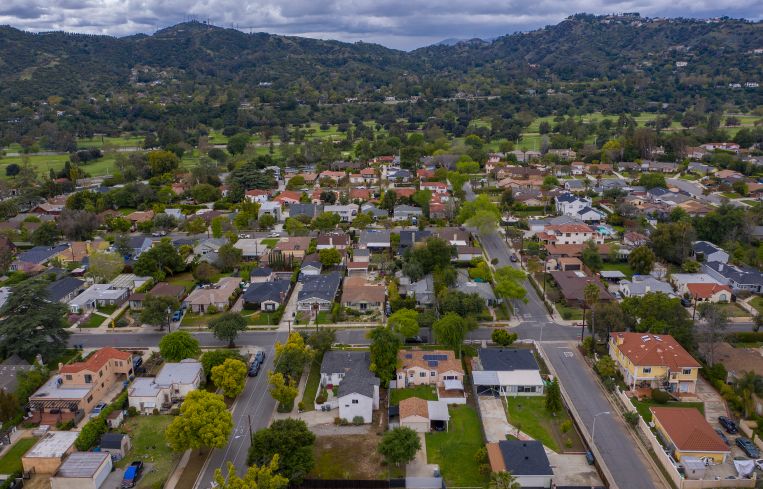Renters Could Become Homebuyers Sooner Than Expected in Some Markets
By Michael Lucarelli December 21, 2022 9:05 am
reprints
What I am mostly reading about these days is the fact that, at age 31, I will likely have to wait five more years to buy my first home — at least statistically speaking. The average age of first-time homebuyers in 2022 was 36. In 1985, it was 29.
Higher interest rates and a looming recession have decreased home values in many markets across the nation, with more of that expected in 2023. Where this trend has been particularly true and might represent an actual potential opening for first-time home buyers is in pandemic boomtowns where price growth was not driven by just overall market conditions but also by an influx of remote workers exiting higher-priced metropolitan areas, and investors following at their heels sensing a smart money play.
As some of the pandemic-driven trends are lessening, metro areas such as Austin, Phoenix and San Jose, as well as Las Vegas, Colorado Springs and even Seattle, have seen the most significant slowing in price appreciation, according to a recent Redfin report.
In Austin, the median price per square foot in October was up 1.3 percent year-over-year, which is a significant decrease from the 24 percent year-over-year increase in February. Here in Southern California, Riverside saw a similar trend. Prices still climbed 6.8 percent, yet that marked a significant cooling from the 25.6 percent February increase. Further north, San Jose — another recipient of the pandemic population and investor influx — saw an actual year-over-year price decline of 1.6 percent in October as compared to an increase of 20.4 percent in February.
While affordability remains a very real concern, some first-time buyers in these markets now might actually have an opportunity to purchase a home sooner than expected.
I believe our nation’s rental market will continue to be hot and impacted by high demand for too few spaces. (Consider this statistic: An average of 14 renters applied for one vacant space nationwide. In certain high-demand markets such as Miami-Dade, that number more than doubles to 31, averages 27 in eastern Los Angeles and 24 in San Diego.) But the cooling of trends that have been fueled by pandemic movements might produce some surprising near-term buying opportunities for first-time homebuyers in some markets.
This doesn’t present an opening just for those seeking to purchase their first home, but also for those supporting them in the journey, namely real estate agents. The majority of agents in most U.S. regions focus exclusively on the buy-sell market, sidestepping rentals and judging them as representing too little money for too much effort. Yet, supporting rental clients (hopefully efficiently with technology tools that can speed up and simplify the process) will also be the manner with which to foster relationships and become a trusted adviser to the homebuyers of tomorrow. In other words, agents should not miss out on helping tenants in today’s competitive rental market now, so they are at the ready when renters decide to purchase their first home.
I have attended more than 30 industry conferences this past year, and at many I get the opportunity to talk to industry leaders and to agents to hear about their successes, their challenges and their views on the market. At California Association of Realtors’ REImagine conference here in Long Beach in October, I specifically recall talking to an agent who emphasized how she repeatedly has helped renters and built up the relationship which later resulted in her being chosen to support them in their first home purchase.
As for me, while I am a committed Southern California transplant and enjoy my West Los Angeles neighborhood, I might try to beat the statistical odds and keep my eyes peeled farther north to potentially seize a buying opportunity. But first I’ll call my trusted real estate agent to seek some of her expert advice.
Michael Lucarelli is CEO of RentSpree.



